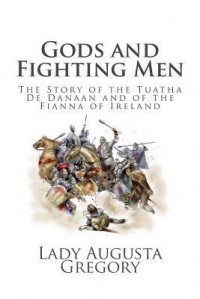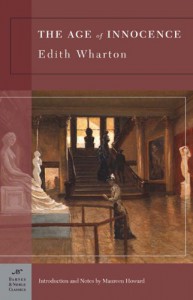
The shooter in the recent Charleston massacre reportedly said:
"You rape our women, and you're taking over our country."
In the aftermath, the mayor claimed to not know much about the treatment of blacks in South Carolina because it was not taught in schools. That prompted people to create a reading list. This was one of the books I noticed from the list.
It documents lynchings in the early 1890s. Further, it describes in detail the newspaper reporting about some of the events such as the original accusation, actions taken prior to, the killing, and actions taken afterwards. (There were too many to document them all.) The simple plea here is for justice. Not retribution or actions taken against those who unjustifiably lynched. But for this country to stop allowing the murder of people either before they are tried or after a court found them innocent. One of the most powerful was a gentleman who was about to be lynched when a foreman told the mob that the person they were about to hang could not have done it because he was with the foreman, they let him go. The flimsiest of evidence would have seen him hung, but an eyewitness of the right skin color was enough to prove guilt or innocence.
In some respects I could see Ida B. Wells-Barnett might find the current legal climate where our people are arrested and found guilty at exorbitant rates over our peers who commit the crimes at the same rates disconcerting. But compared to her own time, we do have it better.
The first section explains that under slavery, killing one resulted in a many hundred dollar loss. So, one would beat a slave enough to break him, but try to avoid killing him. The first motivation for killing blacks was to prevent race riots, and for some reason the victims of these often surprisingly had no weapons with which to defend themselves. The second motivation was to prevent voting and established control over the Southern states. The third motivation was protecting the virtue of white women. THIS. The Charleston shooter killed three men and six women to protect the virtue of white women. In 120 years we have made little progress.
While a teenager I found a death threat letter signed "KKK" saying they would kill my father for dating mother from about 40 years ago. People stare at me when out in public with a pretty fair skinned girl, especially when she hugs or kisses me. But a hundred years ago, my father or myself would have been hung from a tree, shot, and burned for anything like this. A project noted below has a listing for the reason for lynching as "Writing Letters to White Girl."
The burning thing was curious to me. So I looked up attitudes on cremation in Christianity. The dot I needed connecting was that when Christ returns, the dead would be re-animated and join him. Burning these people was a deliberate attempt to prevent any possibility of these people joining Christ. So, not only were they killed but they were prevented salvation? So very low.
Was it depressing to read this? Yes.
Was it worth reading? Yes. The Mary Turner Project has a description of a lynching 20 years after the Red Record. Plus it looks like they are building upon the work of Ida and others.












